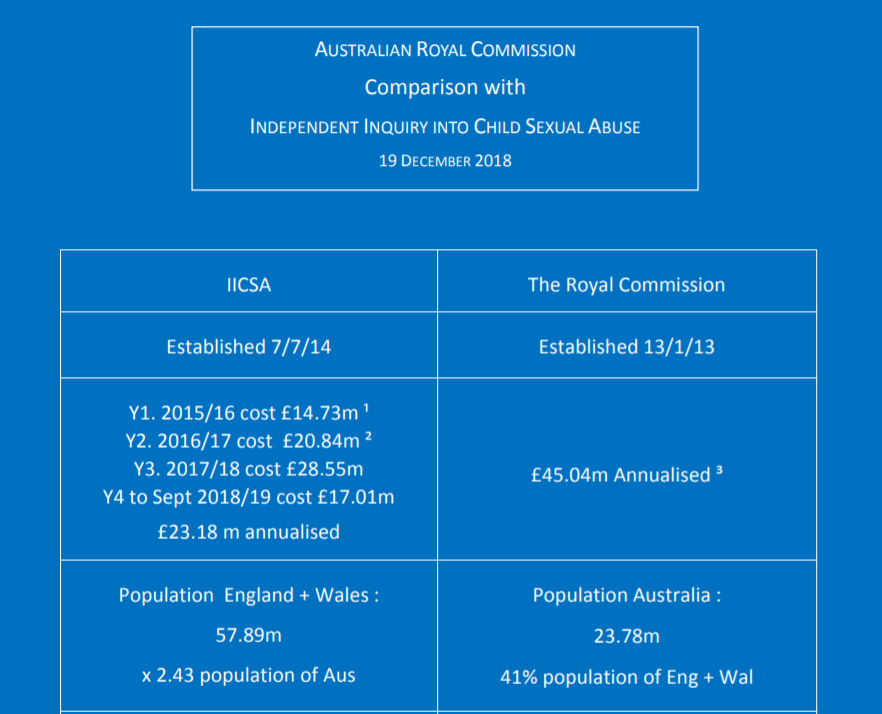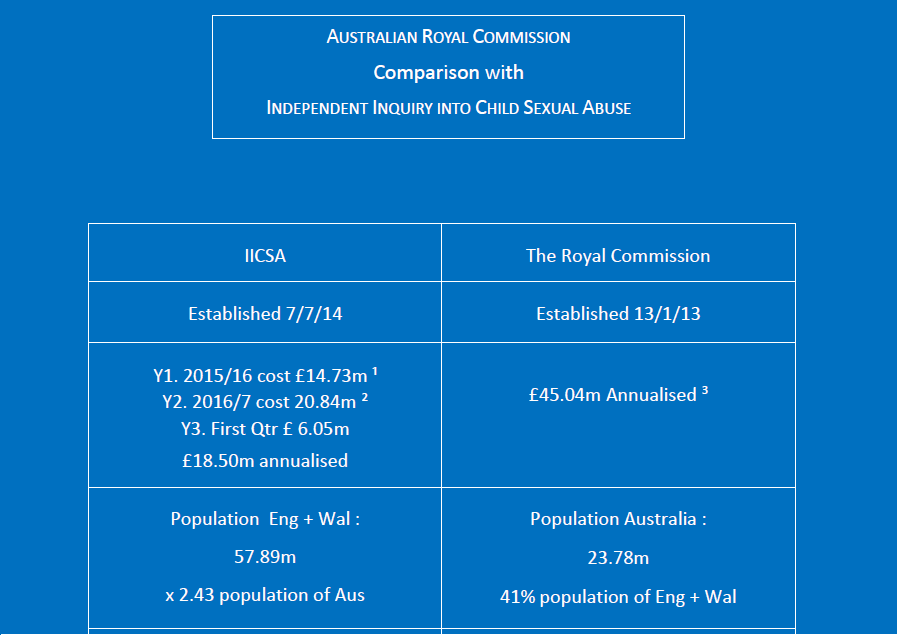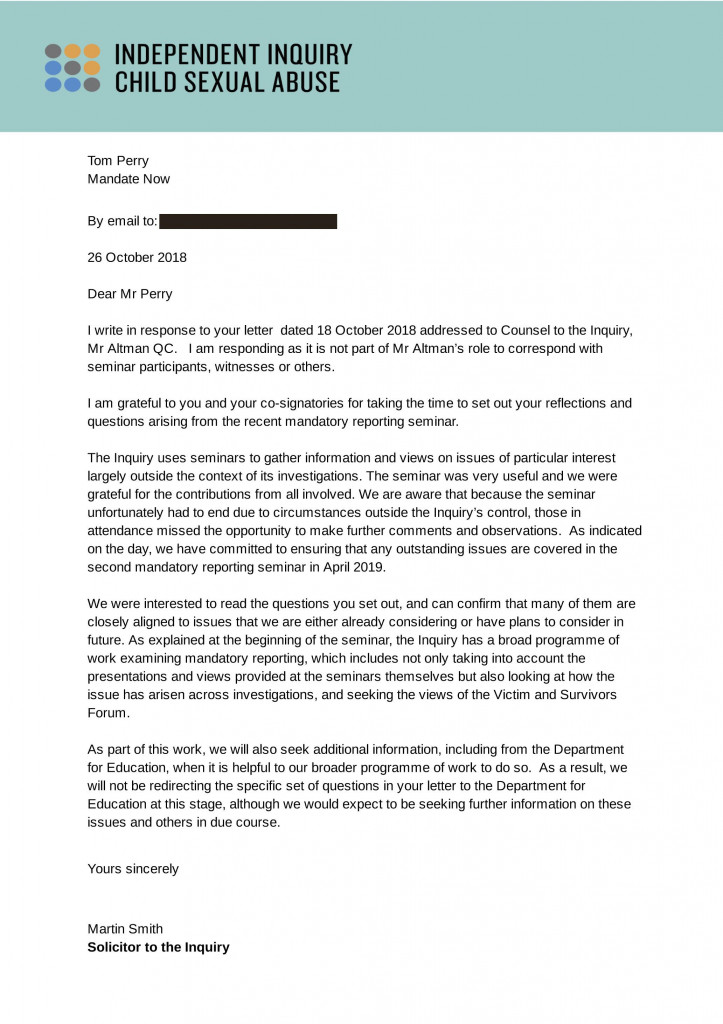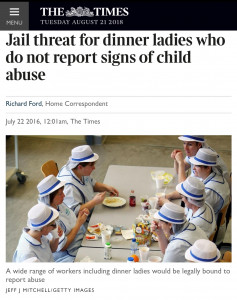Cardinal Vincent Nichols r4Sunday 21/4/19. Child abuse – a straight answer to a straight question is outside the Cardinal’s repertoire
On 21st April Cardinal Vincent Nichols was interviewed on BBC Sunday Programme. He either blanked or sidestepped questions on child abuse in the Catholic Church. Our post concentrates on this aspect of the interview including the cover up of child abuse in the Archdiocese of Birmingham where Nichols was Archbishop from 2000 – 2009. The Archdiocese was part of IICSA’s Catholic investigation undertaken – Nichols gave evidence. (more…)



